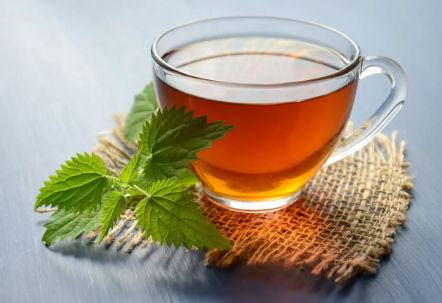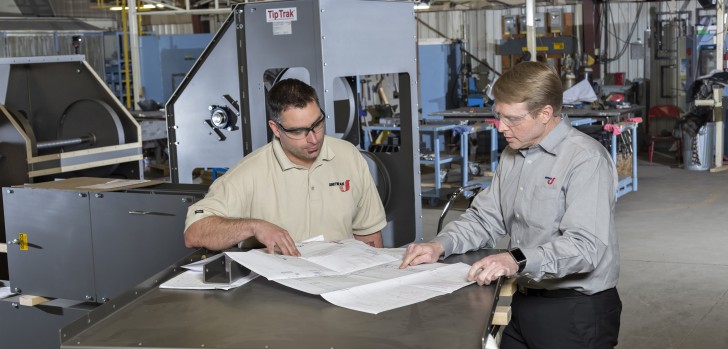Tea
Tea, one of the most popular beverages worldwide, is made from the leaves of the Camellia sinensis plant. Originating from ancient China, tea has a rich history and cultural significance that spans millennia. There are various types of tea, including black, green, white, oolong, and herbal teas, each offering unique flavors and health benefits. The processing and preparation methods of tea vary significantly, influencing its final taste, aroma, and properties.
At a Glance
Tea is derived from the leaves of the Camellia sinensis plant. There are four main types of tea: black, green, oolong, and white, each differentiated by their processing methods and oxidation levels. Tea is enjoyed worldwide, valued for its variety of flavors, health benefits, and cultural significance.
Key Characteristics of Tea
Tea, in its bulk form as a dry powder or leaf, has several notable characteristics:
- Non-Abrasive: Tea leaves and powders are generally non-abrasive, making them safe for various handling and processing equipment.
- Moisture Sensitive: Tea can absorb moisture from the environment, which can affect its quality and shelf life.
- Fragile: Tea leaves, especially whole leaves, are delicate and can be damaged easily during handling.
- Static: Fine tea powders can generate static electricity, leading to potential handling challenges.
- Lightweight and Voluminous: Tea leaves and powders are lightweight and can take up considerable volume, requiring efficient handling and conveying solutions.
- Aromatic Sensitivity: Tea readily absorbs odors and flavors from its environment, requiring careful handling to maintain its purity.

Common Uses
Tea is primarily consumed as a beverage, enjoyed both hot and cold. Beyond its use as a drink, tea is also used in culinary applications, including as an ingredient in cooking and baking. Tea extracts and powders are incorporated into products like ice cream, desserts, and savory dishes. Additionally, tea has found applications in cosmetics and skincare products due to its antioxidant properties.Tea serves multiple purposes beyond being a popular beverage:
- Culinary Uses: Tea is used in cooking and baking, adding unique flavors to dishes and desserts.
- Health and Wellness: Known for its antioxidants, tea is consumed for its potential health benefits, including improved heart health, weight management, and mental alertness.
- Industrial Applications: Tea extracts are utilized in cosmetics, pharmaceuticals, and dietary supplements for their beneficial properties.

Challenges in Conveying
Handling and conveying tea in bulk presents several challenges:
- Dust Generation: Fine tea powders can generate dust, posing health risks and cleanliness issues in processing environments.
- Segregation: Different particle sizes in tea blends can segregate during handling, affecting product consistency.
- Flowability: Tea leaves and powders may have poor flowability, leading to clogging and bridging in conveying systems.
- Contamination: Maintaining purity and preventing contamination is crucial, especially in food-grade applications.
- Moisture Control: Ensuring tea remains dry is critical to maintaining its quality and preventing spoilage.
Equipment Options
UniTrak offers specialized equipment designed to address the unique challenges of handling tea in bulk. The following equipment is ideal for tea:
TipTrak™ Bucket Conveyors
TipTrak™ bucket conveyors are perfect for handling delicate tea leaves and powders without degradation. The gentle handling ensures the preservation of the tea's quality and prevents breakage. The enclosed design minimizes dust generation and contamination risks.
UniFlex™ Flexible Screw Conveyors
UniFlex™ flexible screw conveyors are versatile and can handle various types of tea powders efficiently. They are designed to prevent clogging and ensure consistent flow, making them suitable for conveying tea from one processing stage to another.
Powderflight Aeromechanical Conveyors
Powderflight aeromechanical conveyors provide an efficient solution for conveying fine tea powders over long distances. They ensure minimal dust generation and offer high throughput rates, making them ideal for large-scale tea processing facilities.
Bulk Bag Loader/Unloader
The Bulk Bag Loader/Unloader is essential for loading and unloading large quantities of tea into and out of bulk bags. This equipment ensures safe and efficient handling, reducing the risk of contamination and maintaining product quality.
Tea, with its diverse varieties and applications, presents unique challenges in bulk material handling. UniTrak's extensive experience and customized equipment solutions make it a trusted partner in managing the complexities of tea conveying. Whether dealing with delicate tea leaves or fine powders, UniTrak provides reliable, efficient, and gentle handling solutions. With a focus on preserving product quality and ensuring operational efficiency, UniTrak stands out as a leader in the field of bulk material handling equipment.
